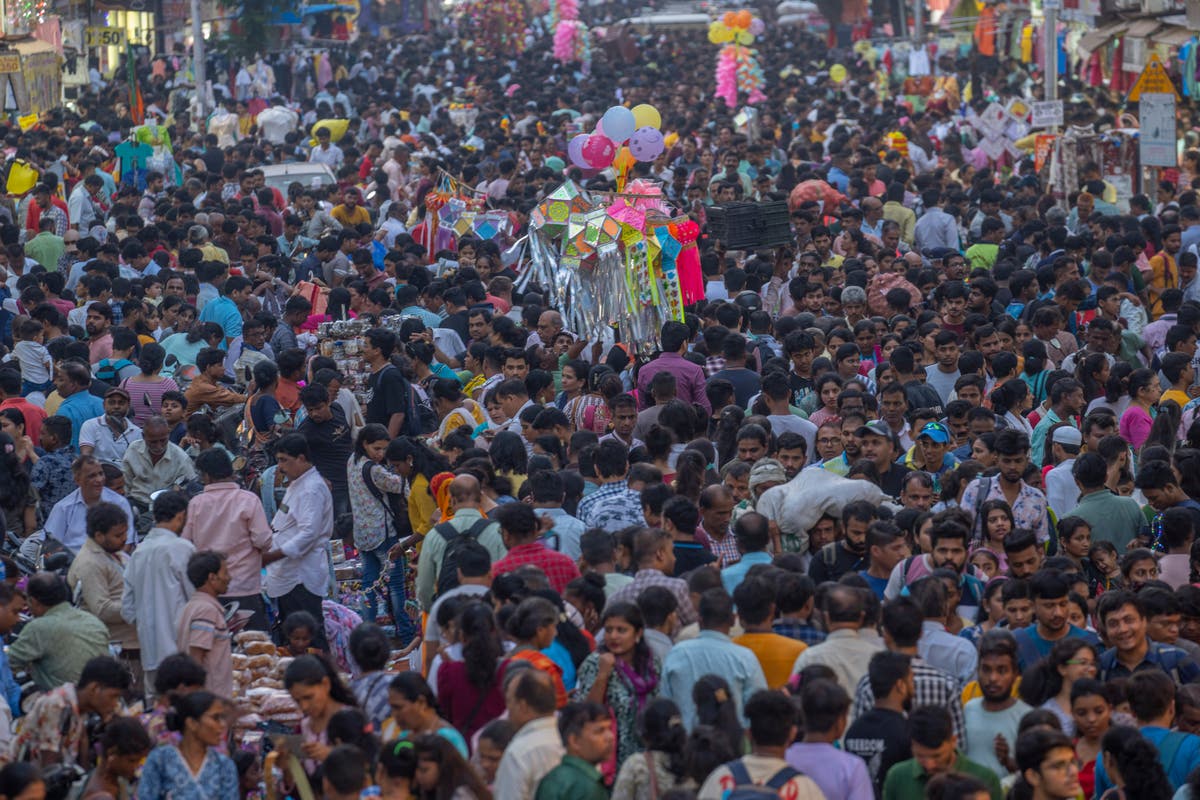The human species has topped 8 billion, with longer lifespans offsetting fewer births, but world population growth continues a long-term trend of slowing down, the US Census Bureau said Thursday.
The bureau estimates that the global population exceeded the threshold on 26 September, though the agency said to take this precise date with a grain of salt.
The United Nations estimated the number was passed 10 months earlier, having declared 22 November 2022, the “Day of 8 Billion”, the Census Bureau pointed out in a statement.
The discrepancy is due to countries counting people differently — or not at all. Many lack systems to record births and deaths. Some of the most populous countries, such as India and Nigeria, haven’t conducted censuses in over a decade, according to the bureau.
While world population growth remains brisk, growing from 6 billion to 8 billion since the turn of the millennium, the rate has slowed since doubling between 1960 and 2000.



Not in any amount that could sustain the industrial levels of farming that is required to feed the global population.
If we were dependent on the natural nitrogen cycle we wouldn’t be able to sustain our current population without turning everything into one giant farm.
I just don’t think you know anything about the nitrogen cycle, or how instrumental the haber process is to food production.
Are the rich governments going to pay for the poor nations massive desalinization systems. What about land locked countries, or areas dependent on snow melt, or aquifer?
It’s a complicated problem.